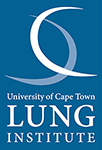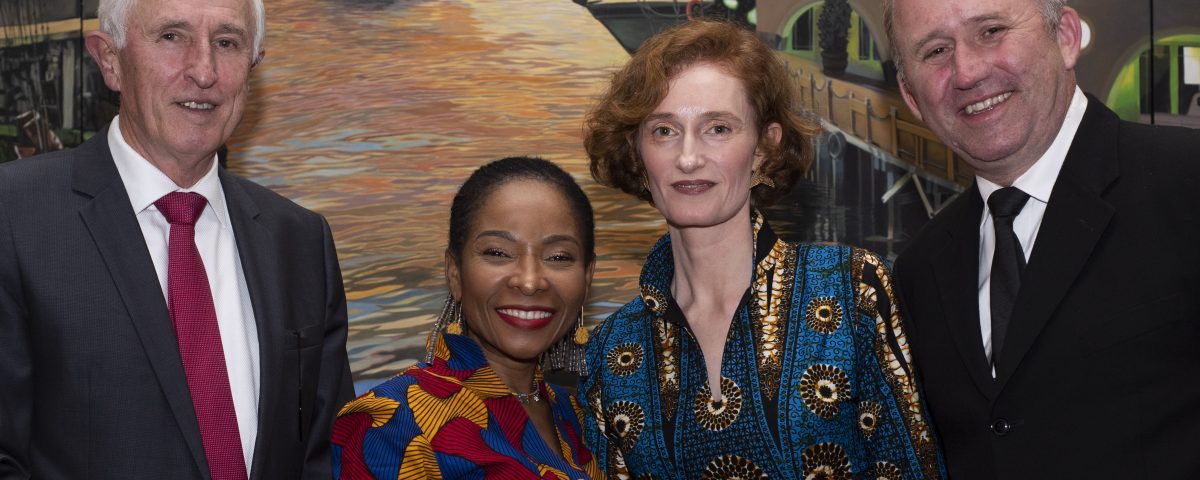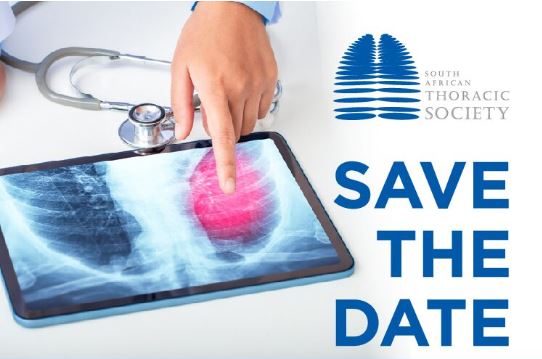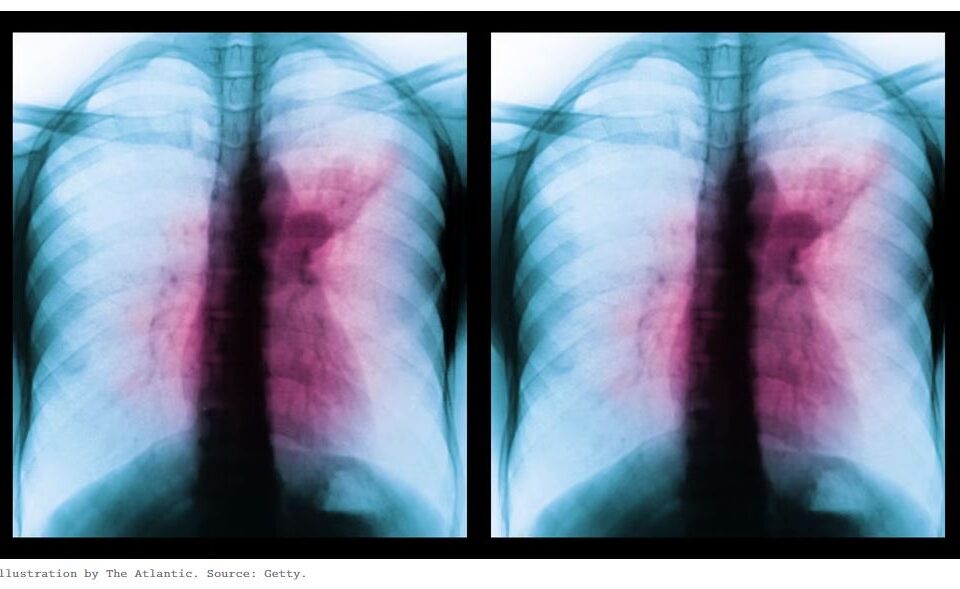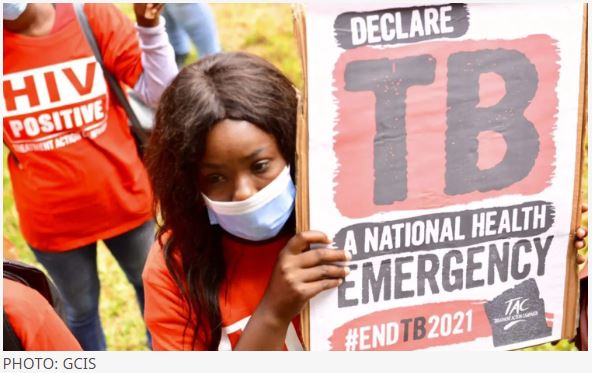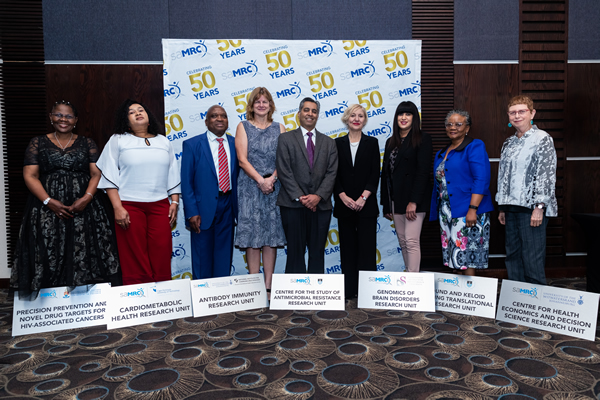


SAMRC strengthens response to the country’s burden of disease
17th September 2019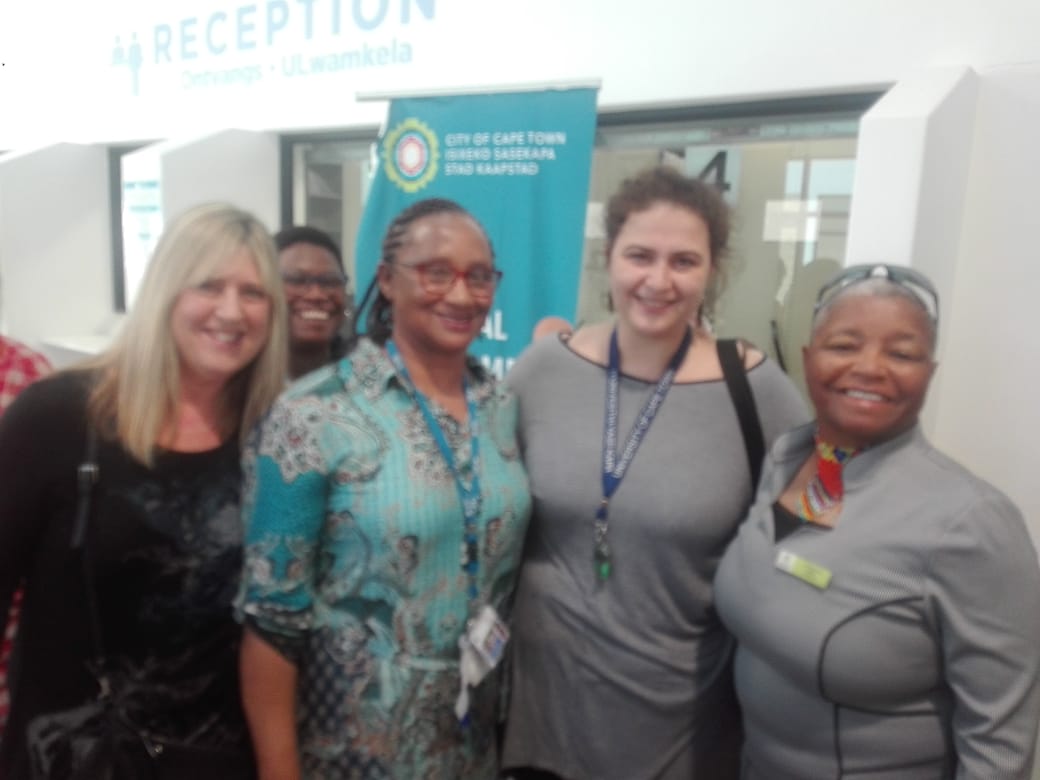


Opening of Pelican Park Community Day Centre (CDC)
25th September 201922 August 2019 | Story Niémah Davids. Photos Brenton Geach.
The development of the University of Cape Town (UCT) Lung Institute and its many accomplishments over the past 20 years provide shining examples of how to address priority health issues in education, research and service.
This was Vice-Chancellor Professor Mamokgethi Phakeng’s message to the institute’s current and former members, as well as its strategic partners, during the official anniversary celebration.
The institute marked its two successful decades in existence on Tuesday, 20 August with a gala dinner at the Westin Hotel in Cape Town, using the occasion to reflect on this coming-of-age milestone.
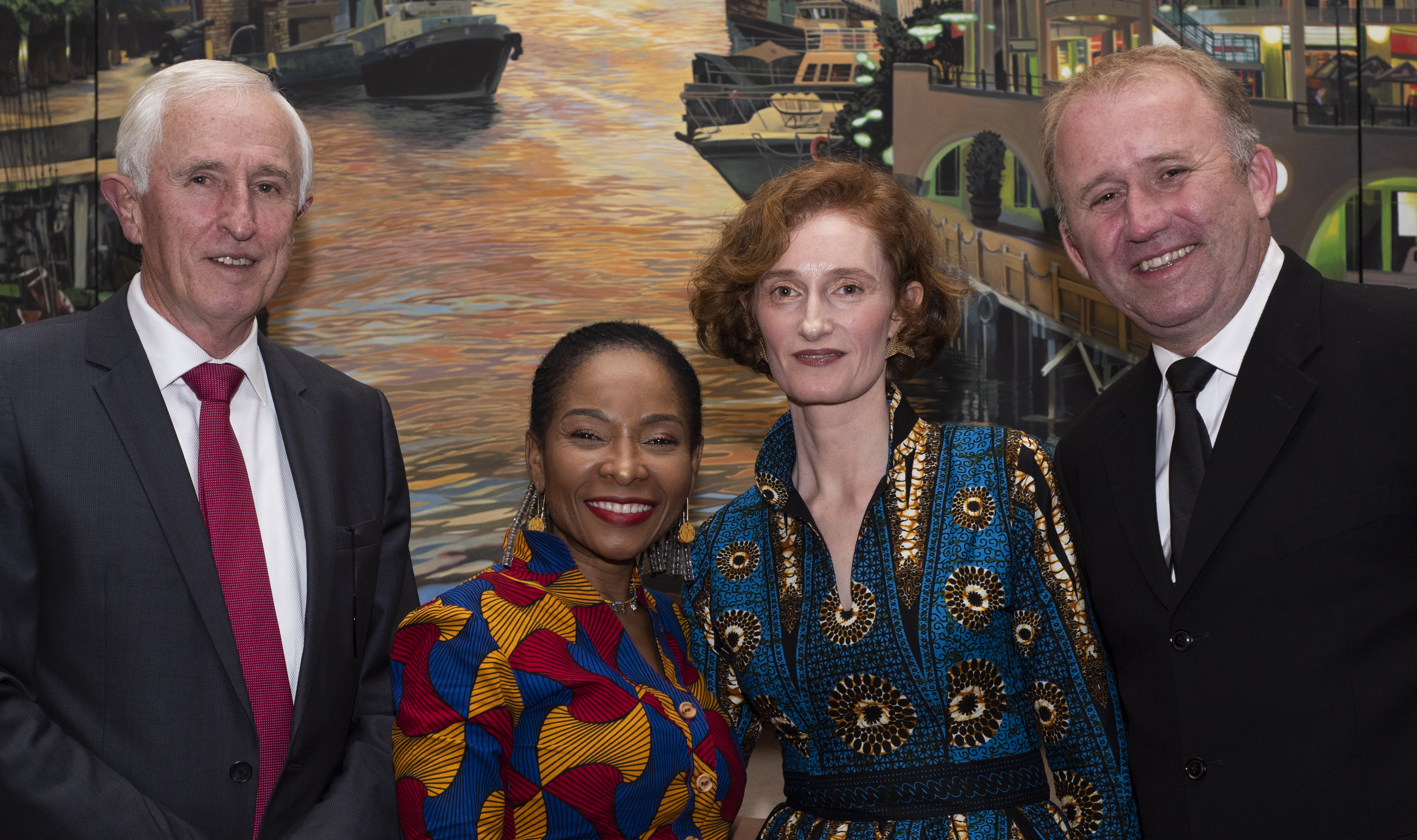

Emeritus Professor Eric Bateman, Professor Mamokgethi Phakeng, Professor Lara Fairall and Associate Professor Rod Dawson at the UCT Lung Institute 20th Anniversary Gala Dinner.
Located on the Faculty of Health Sciences campus, the institute provides clinical services and its researchers work in the fields of respiratory medicine, tuberculosis (TB), allergies, occupational medicine and dermatology.
In partnership with various departments at UCT, the institute also offers training to students studying towards health professions, and collaborates extensively with training and research institutions both locally and internationally.
“It’s not enough for us at UCT to be the best university in Africa, to be relevant to the world’s needs and to be sustainable as an institution. We also need to be the best for Africa.”
“African-sourced education, research and service is at the heart of our mission as an institution. These words have truly guided you in your work in communities,” said Phakeng.
“It’s not enough for us as UCT to be the best university in Africa, to be relevant to the world’s needs and to be sustainable as an institution. We also need to be the best for Africa.”
Becoming the best for Africa
The work of researchers in the institute demonstrates that it is continually assisting UCT in its efforts to become the best university in Africa, for Africa, she added.
Phakeng acknowledged and applauded the founder of the Lung Institute, Emeritus Professor Eric Bateman.
“The idea of building a lung institute was itself an innovation that has proven its worth over the years, and it’s a lasting legacy for Prof Bateman’s hard work and creative thinking.”
She also reflected on the excellent work of the six units in the institute, namely the Allergy and Immunology Unit, the Centre for Child and Adolescent Lung Health, the Centre for Lung Infection and Immunity, the Centre for TB Research Innovation, the Knowledge Translation Unit and the Lung Clinical Research Unit.


Staff dressed for the occasion at the gala dinner at the Westin Hotel in Cape Town.
“It’s not enough for us as UCT to be the best university in Africa, to be relevant to the world’s needs and to be sustainable as an institution. We also need to be the best for Africa.”
Becoming the best for Africa
The work of researchers in the institute demonstrates that it is continually assisting UCT in its efforts to become the best university in Africa, for Africa, she added.
Phakeng acknowledged and applauded the founder of the Lung Institute, Emeritus Professor Eric Bateman.
“The idea of building a lung institute was itself an innovation that has proven its worth over the years, and it’s a lasting legacy for Prof Bateman’s hard work and creative thinking.”
She also reflected on the excellent work of the six units in the institute, namely the Allergy and Immunology Unit, the Centre for Child and Adolescent Lung Health, the Centre for Lung Infection and Immunity, the Centre for TB Research Innovation, the Knowledge Translation Unit and the Lung Clinical Research Unit.
“I want to thank our dedicated colleagues, hardworking teams and unit heads who are applying considerable talents and skills to addressing lung health issues in our country and continent.
“These colleagues include world leaders in their respective fields who could command prestigious positions anywhere in the world, but they choose to be with us here at UCT. By choosing to work here, you are not only providing solutions to your relevant health programmes; you are also helping to produce future generations of academic leaders for South Africa and Africa,” she said.
Institute managing director Associate Professor Rodney Dawson said the anniversary was an opportunity to celebrate the institute’s coming of age, to pay homage to partners and pay respects to Bateman.
“We are an African institution of learning. But what has happened [is that] we’ve become an African institution that dictated global policy and expanded beyond African borders.”
“We can’t survive in isolation [especially without] our partners. We’d be nowhere without them.”
He also thanked the university for its support, which he said had guided and helped the institute work its way through often tough times.
“We are an African institution of learning. But what has happened [is that] we’ve become an African institution that dictated global policy and expanded beyond African borders,” Dawson said.
